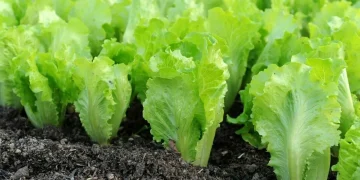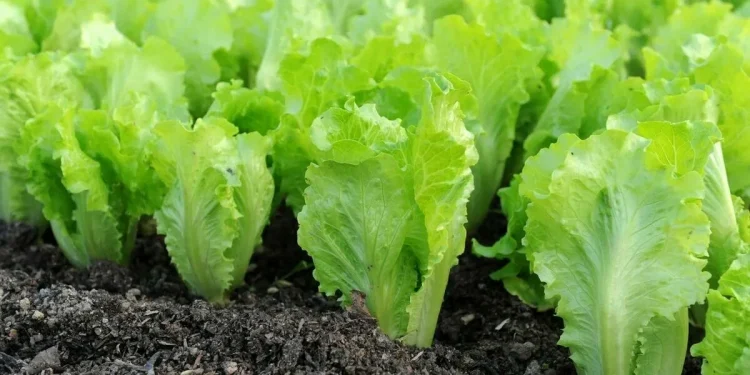Despite Brexit-Related Obstacles, Spain Continues to Lead in Lettuce Exports to the UK
Spain continues to hold a commanding position in the UK lettuce market, supplying 91.95% of all lettuce imports. This dominance persists despite the challenges posed by Brexit, which has complicated export processes for Spanish and European producers. The Netherlands and Italy follow distantly, holding 2.18% and 2.1% of the market, respectively. Non-EU suppliers, such as Morocco and Turkey, contribute minimal shares of 0.18% and 0.11%.
According to a report by the Spanish news service Hortoinfo, based on Comtrade figures from the UN statistics department, there has been a notable decline in UK lettuce imports by 43.55% since 2019. Imports from Spain have specifically decreased by 39.29%. This decline is partially offset by a significant increase in domestic lettuce production within the UK, which rose by 18.36%, from 103.16 million kilos in 2021 to 122.10 million kilos in 2022, as per FAO data.
In 2023, Spain exported 118.78 million kilos of lettuce to the UK, representing 91.25% of the total import volume. These exports were valued at 191.29 million euros, with an average price of 1.61 euros per kilo. In comparison, 2019 saw Spain exporting 186.45 million kilos worth 116.87 million euros, at an average price of 0.63 euros per kilo.
The Netherlands exported 2.82 million kilos of lettuce to the UK in 2023, making up 2.18% of the market, with a value of 6.58 million euros and an average price of 2.34 euros per kilo. Italy followed closely, exporting 2.71 million kilos worth 5.63 million euros, at an average price of 2.07 euros per kilo. Morocco, the leading non-EU supplier, exported 227,000 kilos of lettuce at an average price of 1.37 euros per kilo.
Despite the reduction in imports, the demand for high-quality lettuce in the UK remains strong. Spanish exporters continue to leverage their established market presence and reputation for quality to maintain their market share. The fluctuations in export volumes and prices reflect broader market dynamics, including increased domestic production and the ongoing impact of Brexit.
For farmers, agronomists, and agricultural businesses, these trends underscore the importance of adapting to changing market conditions and exploring opportunities for enhancing production efficiency and product quality. The Spanish example highlights the potential for leveraging established trade relationships and market knowledge to navigate and mitigate export challenges.































